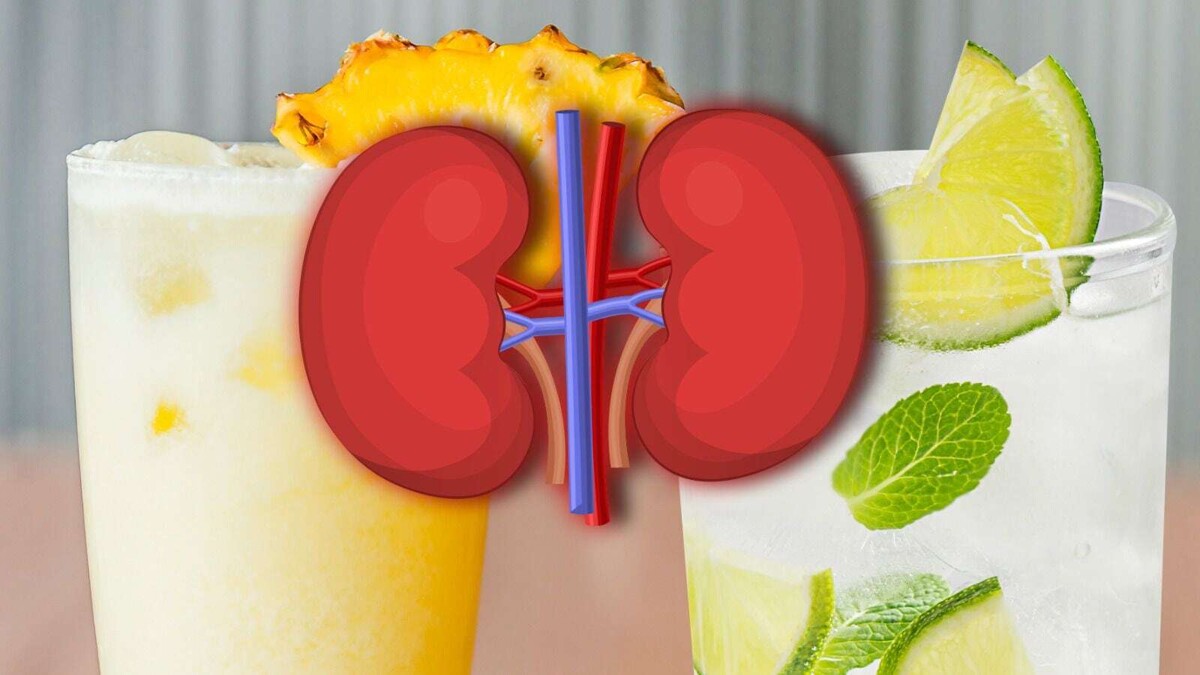
Drinking plain water is essential for maintaining health and proper kidney function because it helps eliminate waste from the blood and recover fluids lost through metabolism. Additionally, plain water is ideal for preventing and reducing the risk of kidney problems.
Among the recommended fruits for kidney care is pineapple, as it is low in phosphorus, potassium, and sodium compared to other fruits such as oranges, bananas, or kiwis. This makes it a suitable option for people with kidney diseases, preventing excessive potassium accumulation in the blood, which can be harmful.
Pineapple provides proteins, fiber, vitamins C and B6, thiamine, folate, manganese, potassium, iron, and antioxidants, benefiting kidney health. On the other hand, it is noted for its diuretic properties, helping to increase urine production in the kidneys.
As for lemons, they are also very beneficial for overall health due to their content of vitamin C, organic acids, fiber, flavonoids, and antioxidants. Lemon water is considered one of the healthiest drinks for the kidneys, as it helps maintain hydration and is recommended for people with kidney diseases, even to prevent the formation of kidney stones.
The citric acid present in lemons helps increase the urine pH, creating a less favorable environment for the formation of kidney stones. Additionally, the citrate contained in lemons acts as a powerful inhibitor of calcium salt crystallization, reducing the risk of developing kidney stones.
It is important to remember that both lemon juice and pineapple water can have side effects if consumed in excess, such as damage to dental enamel, stomach discomfort, or interactions with certain medications. Therefore, it is recommended to consume these beverages in moderation and always as part of a balanced diet.














